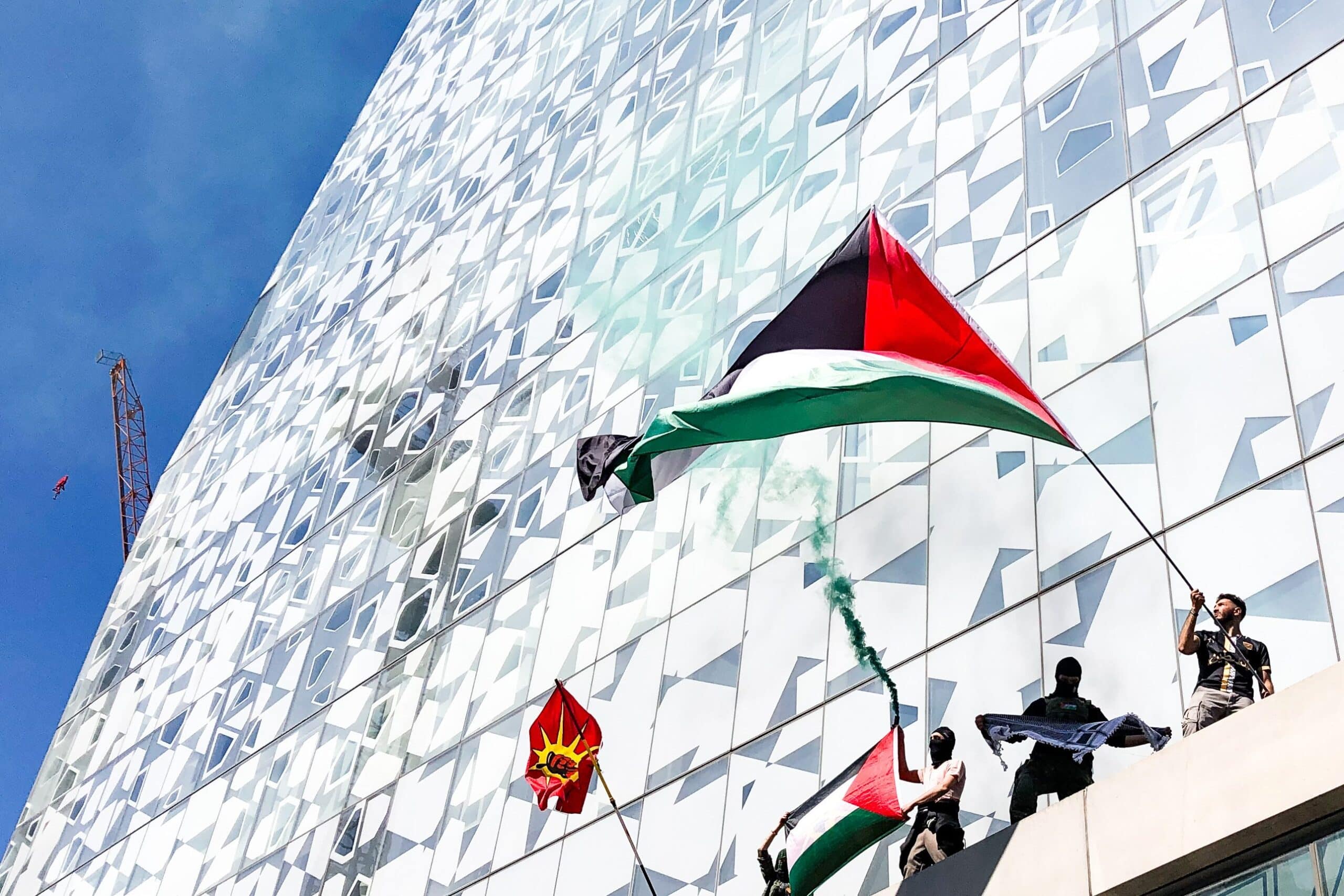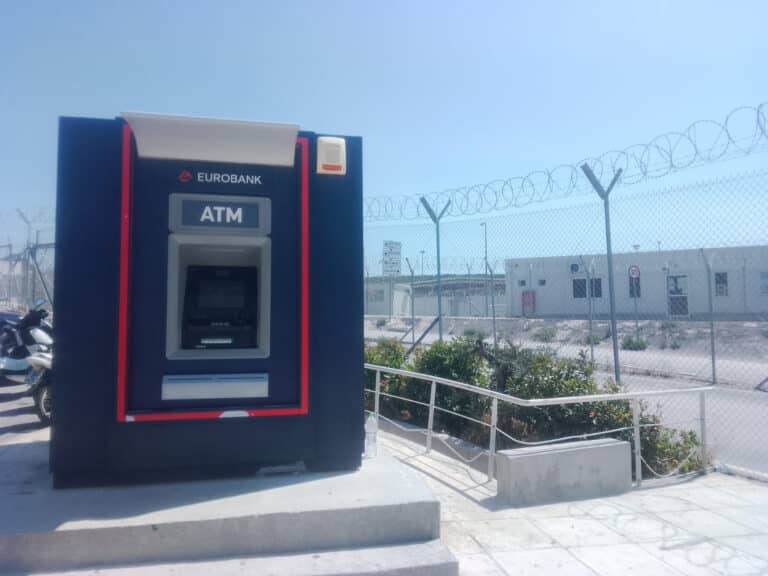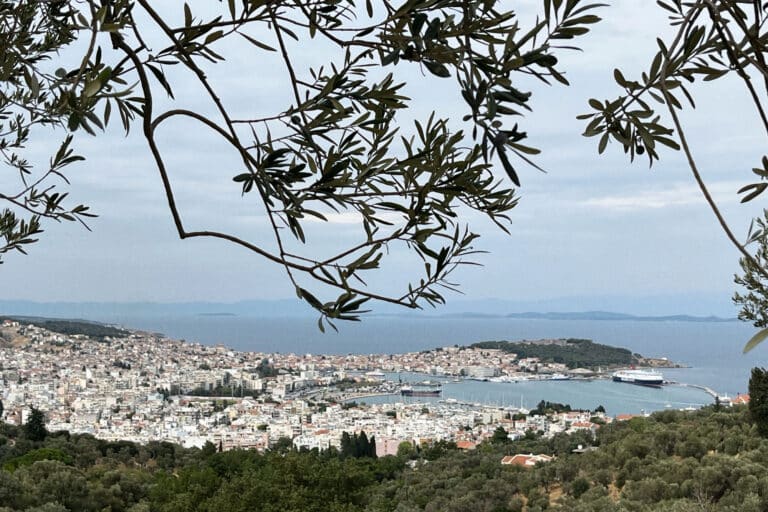For peacemakers around the world, the ground shifted on 7 October 2023. Israel’s escalation of genocide in Gaza demanded that peacemakers, especially those in North America, rise up and take action. CPT joined the call. CPTers have taken to the streets, organised and joined actions, made banners, called politicians, given presentations, supported those arrested, and been arrested themselves.
One of the key ways that CPT has been supporting the Palestine solidarity movement in Toronto, Canada, is by working with the Legal Support Committee (LSC). The Legal Support Committee is supporting 105 people who have been arrested for pro-Palestine activism in Toronto since October 2023. The work of the LSC is to accompany arrestees from the moment of their arrest until their charges have been withdrawn. This includes working with trusted lawyers, building community support groups, coordinating accompaniment through the court process and providing community workshops. Through criminalisation the state’s tactic is to take our community and try to divide it into individuals, isolating people from each other and their shared experiences. By design, the court process exacerbates this. The work of the Legal Support Committee is to ensure our community and collective remains strong and that no person is left behind.
This work began organically on 30 October 2023, when 13 people were arrested at various sit-ins at the offices of Members of Parliament and blockades of weapons manufacturers. That day people received trespass tickets. Following subsequent actions, police arrested activists on more serious charges, such as various forms of mischief. Since then, resistance to Canada’s support of the genocide has strengthened; so too has the state’s response and tactics. The Toronto Police hate crimes unit was given a large increase in funding after 7 October 2023 and a mandate to police pro-Palestine demonstrations based on the unjustified assumption of anti-semitism. They have engaged in a campaign of surveillance, harassment and criminalisation.
In November 2023, the police executed no-knock nighttime raids on the homes of 11 activists accused of postering an Indigo bookstore and pouring washable red paint on the windows. Indigo’s CEO, Heather Reisman, operates the HESEG Foundation which provides scholarships for “lone soldiers” – foreign individuals who do not have family in Israel – if they serve in the Israeli military for one year. Four of the people charged in relation to the Indigo action have had their charges dropped, two pled guilty and received an absolute discharge, and five still face charges.
In January 2024 police in Toronto continued their intimidation through “door knocks” and phone calls to prominent activists asking for information about solidarity actions or encouraging them to turn themselves in, despite the lack of an arrest warrant. These door knocks have happened at all times of the day and night.
Eventually, the state pivoted to a strategy of arresting people months after solidarity actions – often actions that were incredibly benign. For example on 31 January 2024, activists took part in a nonviolent sit-in at Awz (an Israeli-Canadian tech fund). Activists chanted, sang and prayed Jewish prayers. On the weekend of 12 April, police called two activists saying they needed to turn themselves in, and arrested another person at a protest for allegedly participating in the Awz sit-in. Police use delayed arrests in an attempt to disrupt planned solidarity actions by detaining organisers when their skills and leadership are most needed. Activists were arrested for the Awz sit-in the same week as a global call for escalation of actions in support of Palestine. This creates an atmosphere of fear and uncertainty aimed at eroding activists’ resolve.
As the months went by, so did the arrests. The Legal Support Committee predicted a wave of arrests ahead of demonstrations marking one year of genocide. Between 1 September and 7 October 2024, 14 people were arrested. CPT’s Canada Coordinator was arrested on 30 September for her alleged participation in two nonviolent direct actions: a sit-in at a weapons manufacturer’s head office in March 2024, and the disruption of the Giller literary prize awards ceremony (sponsored by Scotiabank, a major investor in Elbit, an Israeli military equipment company) in November 2023. Her charges have not yet been resolved.
Since the ceasefire was announced on 15 January this year, action has not stopped in Toronto. The pace of organising has slowed, and so has the rate of arrests. However, dozens of activists still face charges. Out of 105 arrestees, 30 have had their charges withdrawn, three have pleaded guilty, and one person has been found guilty. This means 71 continue to face charges and are navigating the court system – some are already heading to trial. Needless to say, the work of accompaniment continues.
Around the world, CPT is committed to supporting peacemakers facing state repression. This commitment has led Toronto-based CPTers to do this work at home by supporting the Palestine solidarity movement. We invite our readers to learn more about the state’s tactics and how we are fighting back.
Listen to CPT’s Canada Coordinator, Rachelle Friesen and Dalia Awaad as they speak about the Legal Support Committee’s response to criminalisation.




